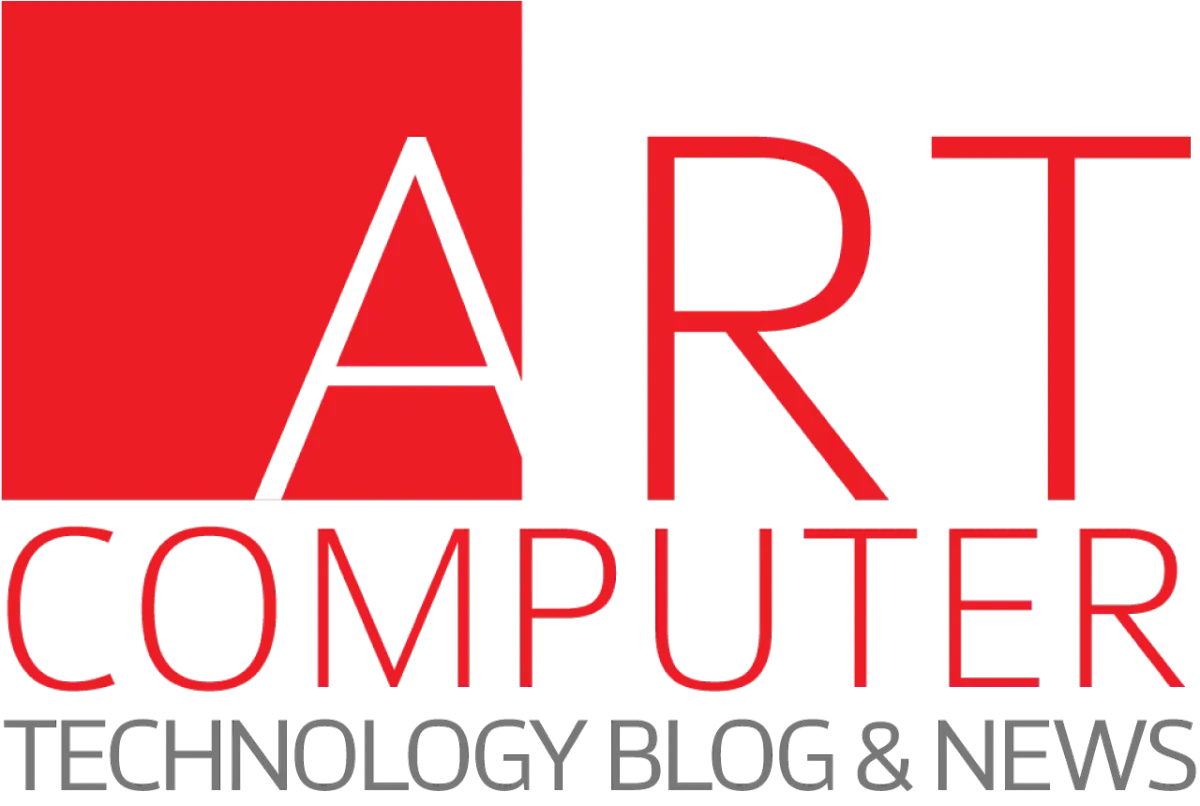
10 Tech Tools Every Small Business Needs to Run Seamlessly
In 15 years of helping small businesses establish, overhaul, and maintain their I.T. setups, one thing rings true:
Over the long run, your tech’s efficiency can make or break your bottom line.
And streamlining doesn’t happen by accident. It’s a product of intentional strategy, the right priorities taking center stage, and a business dedicated to investing in what will set its team up to succeed.
The good news is you don’t need the most state-of-the-art technology to run your business and teams optimally. You just need to know what the right moves are, and why they’re important, and then execute them.
We’re here to help your business run at top-tier efficiency using tech to make every day a little more seamless.

Here are 10 tech tools every business needs to run smoothly.
1. RELIABLE COMPUTERS
You’d be surprised how many small businesses try to skirt around this investment and stick it out with slow computers and outdated systems. But it’s truer than ever – the tools you use to do your work, connect with customers, and process payments, they will make the difference between surviving and thriving in your business.
Because there’s nothing worse than a clunky computer slowing down productivity, acting up with technical issues, and derailing your workday.
Set you and your team up for success and invest in reliable computers with enough storage space to serve your business now and the growth you anticipate in the future. This is priority number one!
Need help in knowing what kind of computer is right for you and your team, drop us a message here.
2. OPERATING SYSTEM
Should you use iOS (Mac) or Windows (PC) as the operating system for your small business?
The operating system that’s best for your business depends on the nature of your work, the abilities of your staff, as well as the additional tools you’ll need to operate well.
Some important things to consider when choosing an Operating System for your business:
Your current staff and the operating system they’re most familiar with.
There’s a learning curve switching between operating systems, so take into consideration the strain it would put on your staff to learn a new one.
Initial investment.
PCs offer a wider range of products at varying price points as opposed to Mac computers.
The tools you’ll need to integrate.
Think bookkeeping software, task management systems, communication tools across departments, etc. If there’s a product you’re hellbent on using in your business, ensure whatever operating system you choose can easily integrate it.
Maintenance costs.
Most, if not all, local I.T. support companies specialize in PC maintenance and repair while not all may be well-versed in Macs. If issues arise with the iOS system, it may require more specialized help from Apple.
The nature of your and your team’s work.
Lots of creative businesses enjoy Macs for their sleek design and user experience, making them a popular choice among designers and project-based businesses.
More practical, cut-and-dry small businesses look to PCs because you can more easily customize your setup, you’ve got a wider range of product options at lower price points, and the familiar interface requires less training for new team members.
3. FAST AND RELIABLE INTERNET CONNECTION

Want to give your staff a world-class headache? Give them slow, unreliable, glitchy internet to work with.
A solid internet connection is the backbone of the workday, and you’ve felt it. When there’s an outage, the world seems to stop and you’re scrambling for offline tasks to tackle in the meantime.
Keep the wheels of your business turning with a high-speed internet plan that meets your team’s download, upload, and streaming needs and keeps productivity chugging along.
A simple breakdown of internet speeds in the context of your business:
Solopreneurs shoot for 40-100 Mbps
If it’s you and 2-3 team members, go for 100 - 500 Mbps
Anything more, lock in at 500-1000+ Mbps
4. ANTI-VIRUS SOFTWARE
Ensure your business is protected with anti-virus software to shield you from cyber threats of all kinds. Our go-to's for small businesses is ESET.
5. CLOUD STORAGE
Cloud storage solutions like Google Drive, Dropbox, and OneDrive offer scalable storage options that ensure that even if your computer bursts into flames tomorrow, you’ll still be able to access your business and keep it running.

6. DATA BACKUP SOLUTIONS
None of us are immune to natural disasters, house fires, or theft that could wreak havoc on our physical homes, businesses, and belongings. That’s why we always suggest businesses invest in an automated data backup solution as a precaution and security measure.
Solutions like iDrive and Carbonite work to ensure your critical info is backed up regularly.
7. VPN (Virtual Private Network)
A VPN allows for a safer connection between your devices and the internet by masking your IP address, encrypting your data, and shielding you as you work on the web.
Handy for remote workers and those who like to work on the go, VPNs protect users when they jump on public WiFi networks (a hacker’s playground). Look into providers like NordVPN, ExpressVPN, and Surf Shark VPN to ensure the safety of your team’s data as they work in and out of the office.
8. CRM SOFTWARE (Customer Relationship Management)
Streamline and automate your customer experience process from start to finish with a CRM tool. Software like HubSpot, Honey Book, and Dubsado are platforms that’ll enable you to automate your workflows, send contracts, collect payments, and lots more.
If a repetitive task can be done without you or your team’s involvement, use a tool to automate it and buy back your time for more important things.

9. POINT OF SALE (POS) OR INVOICING SYSTEM
For product-based businesses, a POS system is a must to process transactions either in-person or online (or both).
Go-to systems like Square, Clover, and Shopify work to facilitate this process and can be integrated with your accounting or bookkeeping software to accurately track sales.
If you’re a service-based business that invoices clients, try invoicing software like QuickBooks, Xero, or Square.
10. FILE OR PROJECT MANAGEMENT
Track progress on all projects and processes, easily share files and integrate individual workflows into a single hub for your team.
Google Workspace, Dropbox, OneDrive, Trello, Asana, and Monday.com help teams collaborate on projects, communicate deadlines and expectations, and keep a pulse on overall productivity.
Whether you’ve been in the small business game for years or are just starting, your tech assets and setup play a monumental role in the efficiency, health, and growth of your business. The ease of your day-to-day processes, aided or hindered by your tech, has a direct effect on the efficiency of your team, the experience of your customers, and most importantly, how you feel running your business.
But don’t feel like you need to make these vital integrations alone. With our IT Consulting, we’re your partners in tech reporting for duty, ready to help you select, install, and maintain the equipment your business needs today and the setups that will grow alongside your team for years to come.
Snag an appointment here, and let’s get you streamlined today.

